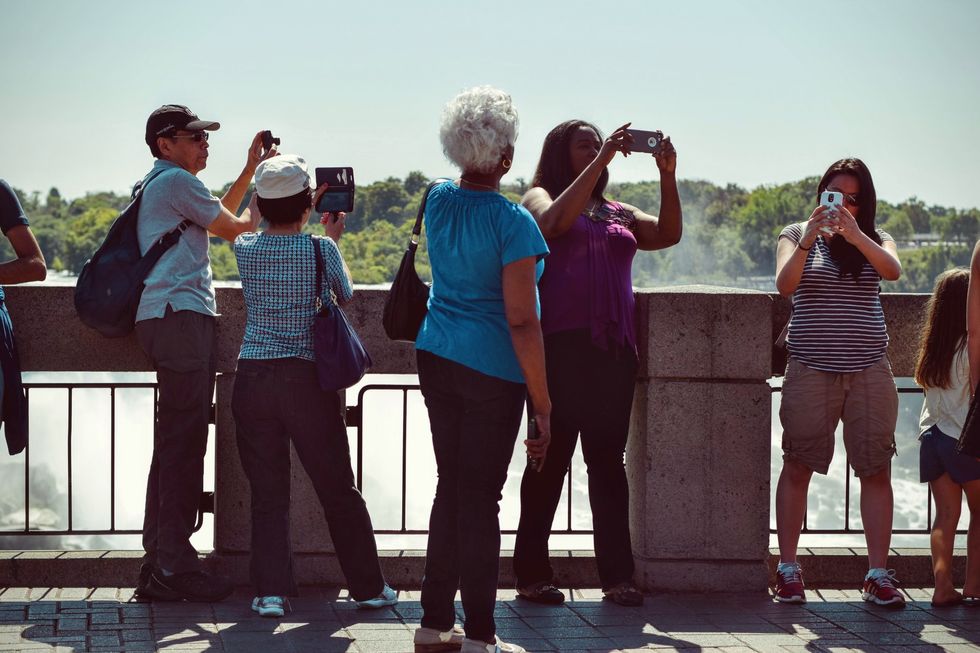As a content creator, an avid social media user, and a young person in a constantly changing world, I feel obligated to point out something that seems to be dominating our young lives.
The inflated importance of being relatable.
The dynamic landscape of media and platforms on which we can project our voices is constantly growing. There's a strong audience out there for a variety of topics and of course, to relate to your audience is the number one way to stay relevant. But what about those un-relatable opinions? How are you supposed to get and engage an audience if the feelings you feel and the opinions you have don't seem to be the popular consensus?
A growing problem on the internet is a tendency towards being #RELATABLE. Controversy, politics, and even just facebook statuses your mom posts will more often than not gain more attention if they have a relatable statement.
Being #relatable is important to human nature. It's how we connect with each other and distinguish who we like and who we don't like. It's where we stem a lot our decisions from and become more comfortable with each other based on. And despite these positive attributes, being relatable has some definite drawbacks.
The inflation of being relatable on social media is something that we've only seen grow in the past decade or so. From Youtube stars to Instafamous people, the importance of being relatable is usually what dominates the flow of content, so much so, that a lot of it is actually staged and fake.
For example, on Instagram, the recent trend for being #THICC has a staggering amount of Instafamous girls editing their bodies to emphasize the said relatable trend for wanting to be curvier. By perpetuating the trend and trying to be relatable, these people give their audience what they wanted but also sell out on falsehoods and photoshopped images. Don't even get me started on the young girls seeing these images and believing them full-heartedly to be real and don't understand why their bodies don't look like these edited and surgically enhanced people on the internet.
This is just one example of how trying to be relatable can perpetuate false images or put people at risk. It's important to realize that even when you're not social media famous with millions of followers, you can still fall for the urge to tweak something you've created or felt in order to be more appealing to a wide audience.
And while it makes sense to market yourself to the best of your ability, whatever happened to authenticity?




















 sunrise
StableDiffusion
sunrise
StableDiffusion
 bonfire friends
StableDiffusion
bonfire friends
StableDiffusion
 sadness
StableDiffusion
sadness
StableDiffusion

 purple skies
StableDiffusion
purple skies
StableDiffusion

 true love
StableDiffusion
true love
StableDiffusion
 My Cheerleader
StableDiffusion
My Cheerleader
StableDiffusion
 womans transformation to happiness and love
StableDiffusion
womans transformation to happiness and love
StableDiffusion
 future life together of adventures
StableDiffusion
future life together of adventures
StableDiffusion





















